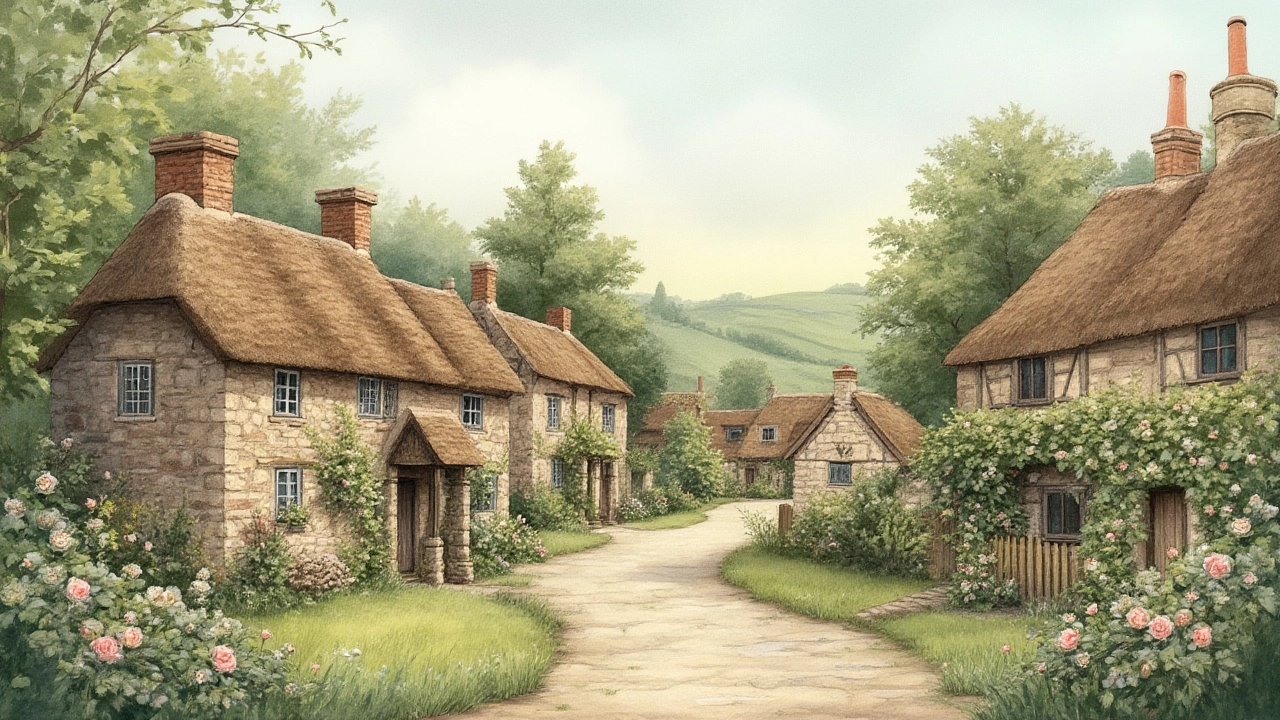Cottage Sizes: How to Pick the Right Holiday Cottage for Your Trip
When you book a cottage, the first thing you should check is the size. A too‑small place can feel cramped, while a huge one might waste money. Knowing the usual cottage dimensions in the UK helps you match the property to your group and your budget.
Typical Cottage Sizes in the UK
Most holiday cottages fall into three size buckets:
- Cozy (1‑2 bedrooms): Around 35‑55 sq m (380‑590 sq ft). Ideal for couples or a small family of three.
- Medium (3‑4 bedrooms): Roughly 60‑90 sq m (650‑970 sq ft). Works well for families of four‑six or groups of friends.
- Spacious (5+ bedrooms): Over 100 sq m (1,080 sq ft). Suitable for large families, reunions, or corporate retreats.
These numbers are averages. Some rural cottages are built on tighter plots and feel smaller, while converted barns can offer huge loft spaces that push the size limits.
Choosing the Right Size for Your Stay
Start by counting the people who will sleep there. Add one extra bed for a child or a pet if needed. Then think about how much living space you really use. If you love cooking together, a larger kitchen matters more than an extra bedroom. If you plan to spend most of the day outdoors, a small cottage with a big garden might be perfect.
Check the floor plan. Many listings show room dimensions, so you can see if the bathroom will fit a family of four or if the lounge can hold a board game night. Don’t forget storage – a tiny loft can feel cramped without enough cupboards.
Budget is another filter. Bigger cottages cost more per night and often have higher utility fees. Compare the nightly rate against the number of guests you’re hosting. Sometimes two medium‑sized cottages are cheaper than one large one and give each group its own space.
Finally, read the reviews. Guests often mention whether a cottage felt “too small” or “perfectly sized”. Real‑world feedback beats any square‑meter number.
With these tips, you can pick a cottage that feels just right – not too tight, not too wasteful. Enjoy your stay, whether you’re snuggling by the fire in a tiny hideaway or hosting a lively dinner in a spacious country house.
Typical Cottage Room Counts: What to Expect When Renting or Buying
Discover how many rooms cottages usually have, the factors that affect cottage layouts, and what to expect when renting or buying a cottage. Includes tips and facts to help you choose the right one.
